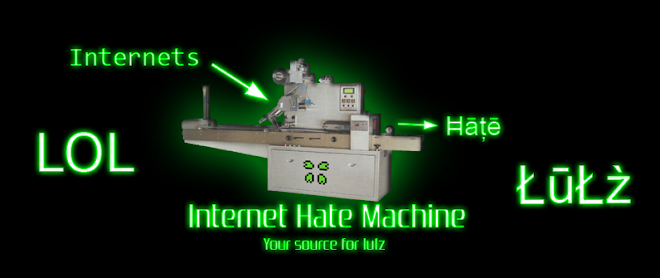
For several decades, our ears have enjoyed the sound quality of Analog music recording. The Phonograph cylinder, created by Thomas Edison in 1877, was the very first music storage medium to grace planet Earth, which sold millions of units across America by the early Nineteen Hundreds. More improvements and modifications were made to Thomas's original design over the next few decades, where we receive the records and record players that were popular in the early twenties. Magnetic Tape recording, which steamed from Magnetic Wire recording, was the next big step in the music recording industry, it was considered revolutionary technology because it allowed the sound engineers and music groups to edit or rerecord the music onto the tape unlike the oil records that preceded it. The magnetic tape remained the most prominent audio storage device for over seventy-five years and did not recede until the nineties, despite the fact that digital recording devices were in use during the last ten years of it's existence. Analog recording is achieved by the use of a small microphone that detects the changes in air pressure, which is caused by acoustic sound waves, and records them as graphic sound waves on mediums such as the Phonograph. As the century was coming to an end, a new form of recording arose to take analog's place for the new century, digital. Digital sound recording did not occur until 1982 with the creation of the compact disc along with other storage mediums such as the mini-disc player. The means by which digital sound is created is by taking the analogue signal and converting it to binary code-ones meaning on and zeroes meaning off, which are also called "bits"-that accurately copies the Analog signal with a lower signal-to-noise ratio. Being that the audio has been converted to a digital signal, the audio must be stored in digital storage devices such as a CD or MP3 player, for this, the audio is saved in files called MP3's that are very small in capacity, which is one of the advantages of digital recording as one can have literally thousands of songs on an MP3 player. Although digital sound recording is considered superior to analog sound recording, it has not yet been completely accepted in the world. Sound technicians as well as music artists that grew up with analog claim that there is a special quality, a "warmth", about analog recording that is absent in digital recording. The new generation that has grown up with digital disagree as there is less distortion and noise in digital music, but perhaps that is the reason why the older generation prefers analog over digital. Digital sounds too perfect, so perfect that a song may seem almost boring compared to the analog counterpart. I can sympathize with those who prefer analog, they love it because it reminds them of the old days; nostalgia, but with the new generation comes new technology, that is the way of time. Analog will never disappear from the music industry, it has merely just retired to let the new form of recording take its place.





No comments:
Post a Comment